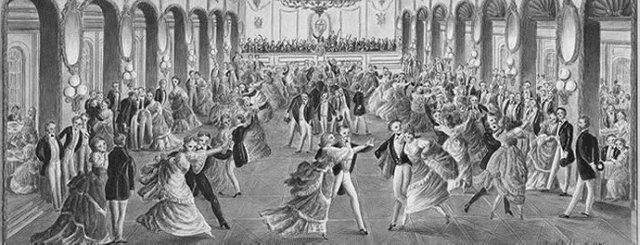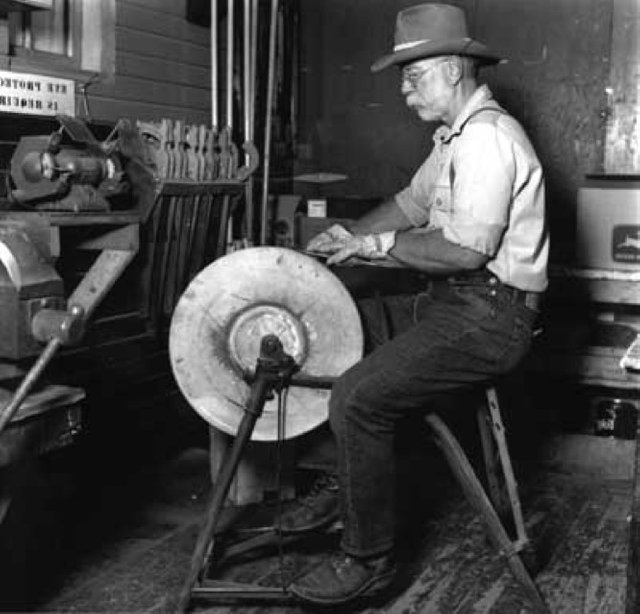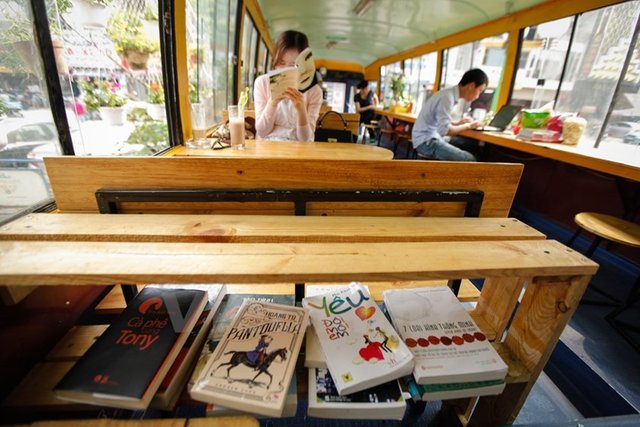
To sample Vienna at Heurigen time* is to sample the new life of a city dating back to Roman times but as young as tomorrow's architecture. Think Johann Strauss or the Hapsburg Empire and you're missing the point. Think Harry Lime and the Third Man and you're getting closer. Move to Bauhaus, and you're getting obscure. Vienna is a complicated mix which defies definition and invites investigation.
Watching the world go by in a coffee house or a big wheel
Take the tram or the U-bahn to Grinzing, both very efficient and a good reason not to bother hiring a car, and you will be brought to the center of Heurigen territory. Another reason to avoid hiring a car - look at the traffic, and count the number of parking places.

You walk along Heurigen Strasse, so-called because the locals reckon that you can hear the angels when you've had a few glasses, and you look out for an inn with a sprig of leaves over the door. Then you know that the 'Heurige”, or new is in stock. You'll also be able to order some food. A reasonable command of German helps when ordering, although resorting to the time-honored ritual of pointing at what you want usually works. You take food to a handy table, and enjoy the sort of portions that would serve two meals in other countries. If you're vegetarian, don't bother, as the Austrians are not big on non-meat foods.
If you're lucky, you've found a non-touristy Heurigen, and you can enjoy the atmosphere, if not, as we found, you can still salvage the evening by waiting until the tourist buses have gone, and then hearing the true spirit of Vienna.
The Austrians have a complex, troubled history, due in large part to their location. In German, Austria is known as 'Osterreich', literally the east region or reach of the Christian West during the time of conflict with the Islamic East, and the border spirit lingers even now. The accidents of geography were even more troubling before and during the Second World War. Long enough ago for young people to regard as mere history, but recent enough to be real nightmares for those of an older vintage who have cogent memories. So as you walk relatively sober to your nearest tram, you can reflect on the wealth of history which has prepared Austria for your visit.

By the next morning, you'll be ready for a fresh look at this most fascinating of cities. In comparison to London, Vienna is both compact and easy to understand. No separate suburbs to consider, no urban sprawl to contend with, yet Vienna is, like every European city, made up of an historic core and a modern shell. If you can avoid the rush hour, and as a tourist, you can ensure this, there is still the need to avoid “fiacres”, those horse-drawn open carriages so beloved of the Viennese, as you explore the little side streets and try to identify a good location for tonight's meal.
If you are in need of a sustaining snack, why not do as the Viennese do, and grab a pastry at one of the many coffee shops? Perhaps 'grab' is the wrong word, since it's all too easy to spend most of your hard-won holiday time simply sitting and people watching. Perhaps you will read a newspaper with your coffee or engage in conversation or play a game of chess. It's your holiday, your time. Nobody is going to rush you or ask you to make space for another diner. Here, despite the demise of the Hapsburg Empire long ago, courtly values still prevail.
If you are not into courtly values, the funfair, or Prater is just the place to seek fun of a more modern variety. The Big Wheel is the centre of the amusement park, notably built by a British engineer, and from its top, you enjoy an extensive view of the treasures of Vienna.
What more is there? Try 'Vienna' on the internet. I guarantee you'll find more activities than you can undertake in several holidays, and still have change to spare.